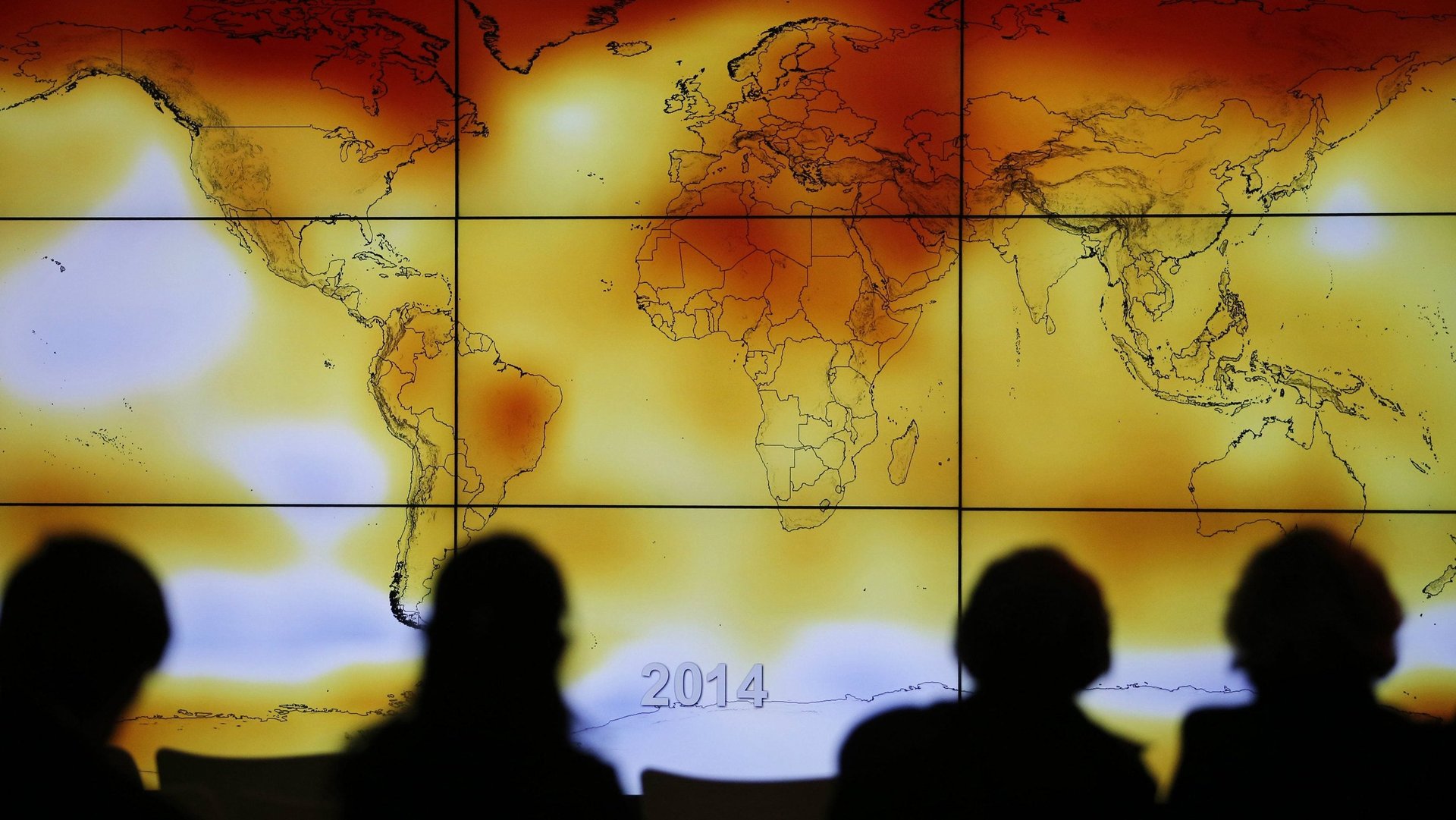Four big reasons why deniers started believing in climate change
It began, like many things on Reddit, with a simple question: “Former climate change deniers, what changed your mind?” More than 600 posts later, AskReddit was able to not only offer insights into that question, but also shed some light on why people initially rejected the consensus view held by 97% of climate scientists that the Earth is rapidly warming because of human activity.


It began, like many things on Reddit, with a simple question: “Former climate change deniers, what changed your mind?” More than 600 posts later, AskReddit was able to not only offer insights into that question, but also shed some light on why people initially rejected the consensus view held by 97% of climate scientists that the Earth is rapidly warming because of human activity.
Yale Climate Connections analyzed 66 answers describing the motivation behind the conversion. The biggest reason was a slow acceptance of clear scientific evidence.
Seeing graphs of atmospheric carbon dioxde and overwhelming data supporting the conclusion that humans are rapidly, catastrophically warming the planet was convincing for many. “It’s just difficult for me to deny it with the overwhelming amount of scientific evidence that supports it,” wrote one. The desire to safeguard the Earth, evidence of extreme weather, and dubious sources among climate change deniers sealed the deal for most of the rest.
But why did people reject climate change in the first place? Family was the most common reason. “Mostly because my family rigorously shot it down whenever it was remotely mentioned,” one person wrote. Another writer had grown up “actively and obnoxiously denying climate change because my dad told me it wasn’t real.”
But personal politics and identity were a close second (and are cited as top reasons in other studies). Climate change is starkly political in the US. Although 68% of registered Democrats rate climate change as a “very serious problem,” reports the Pew Research Center, only 20% of Republicans agree (the global median is 58%) . “I had kinda developed the idea that liberals were the ‘bad guys,’” said one poster justifying his rejection of the science. Another added: “… raised Republican. Naturally, I believed climate change is leftist bullshit.”
The third major reason was a desire to avoid the enormity of the problem. “I really doubted it for a while, because honestly it scared me,” one poster wrote. “I figured if I just denied it and pretended it wasn’t a thing, it wouldn’t be and it would just go away.”
Conveying the urgency of climate change, informed by science, has several psychological forces working against it, report Yale University researchers: the human brain privileges experience over analysis; we are primally social beings who adopt group norms; and we don’t prioritize problems distant from our everyday lives.
Should a deniers’ friend go bang them on the head with studies? No. That’s likely to have the opposite effect, says Yale Law School professor Dan Kahan, who studies the issue. People tend to reject the validity of scientific evidence when it conflicts with their deeply held world-views. Instead, suggests Kahan in Mother Jones, present information in ways that already align with people’s beliefs without triggering emotional, defensive responses.
Kahan tested this concept by showing people of various viewpoints two fake newspaper articles: “Scientific Panel Recommends Anti-Pollution Solution to Global Warming” and “Scientific Panel Recommends Nuclear Solution to Global Warming.” For conservative individuals (” hierarchical individualists” in the study) who doubted climate change, the second article was far more effective at convincing them that humans caused global warming. Kahan suspects this is because the science was presented in an existing pro-industry narrative.
How do you change peoples’ minds? Lead with values. That gives facts a chance.